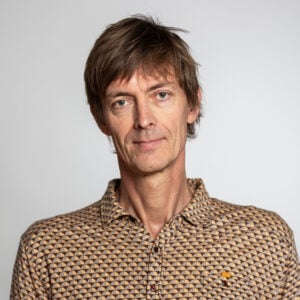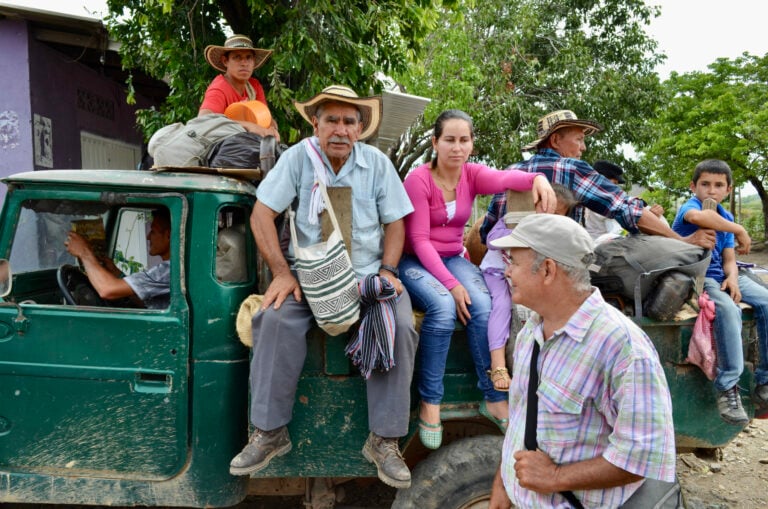
SOMO stands by its research results: Biomass from Estonia causes serious damage to nature
On 7 October, the interest group Energie-Nederland, which represents Dutch energy companies, published a critical report(opens in new window) which they had commissioned forestry consultancy Indufor to carry out. The report disputes the conclusions of SOMO’s report “Wood pellet damage”, published in July 2021. In this report, SOMO showed that the production of wood pellets in Estonia is harmful and does not meet the Dutch criteria for sustainable biomass. SOMO emphatically disagrees with the conclusions of Indufor and stands by the results of its own research.
At the time, the SOMO research was a major reason for environmental organisations to withdraw from the Agreement on Sustainable Biomass. They indicated that they no longer had confidence in the system of sustainable biomass criteria which had been set up for this purpose within the industry agreement.
One of the main criticisms by Indufor is that the SOMO investigation presents too few well-founded cases of the disappearance of forest areas with a high biodiversity value and habitats of protected bird species to speak of a violation of the criteria. The researchers of the wood pellet damage report, however, strongly disagree.
Clear examples of harmful forestry practices
Senior researcher Sanne van der Wal (SOMO): “Our investigation does provide sufficient and well-documented examples of harmful forestry practices, and also clearly indicates that there are many more cases to be found.” Van der Wal also fails to understand why Indufor is so adamant about their conclusions: “On the one hand, they state that there is no evidence that criteria are not met, but at the same time they acknowledge that the criteria are not always clear, damage to nature can indeed occur in practice, and that the industry could do more to prevent this damage.”
Inaccuracies and misunderstandings
“We regret that we had no opportunity to respond to the Indufor report before it was published. This could have prevented inaccuracies and misunderstandings in their report. For example, Indufor, who for their research only spoke with parties with interests in this industry, states that sources are missing in the SOMO research while in fact they are not. They also claim we rely mainly on sources from environmental organisations, which is very odd. The research was indeed mainly performed by ELF, an Estonian environmental organisation, but they mainly used databases, registers and maps of government institutions in their research.”
Parliamentary questions
In questions(opens in new window) submitted on 13 October by Dutch MP Henri Bontenbal to State Secretary Dilan Yesilgöz-Zegerius for Economic Affairs and Climate Policy, SOMO is blamed by Energie-Nederland for not wanting to share source material.
Van der Wal states: “Energie-Nederland sent us a confusing and insinuating letter after the publication, requesting us to share all data. However, they did not indicate what they exactly wanted and the letter showed that they had hardly read the report – if at all. We therefore indicated that we would be more than happy to help them if there were any questions after reading the report and the accompanying source notes. But we didn’t hear back from them until the appearance of this counter-report. We hope that Energie-Nederland and the affiliated energy companies will focus on solving the problems that exist with biomass from Estonia instead of spending their time and money on organising inadequate counter-research.”
Do you need more information?
-

Sanne van der Wal
Senior Researcher
Related news
-

-

-
A just energy transition requires rich countries to address their overconsumption of resourcesPosted in category:Published on:Statement


